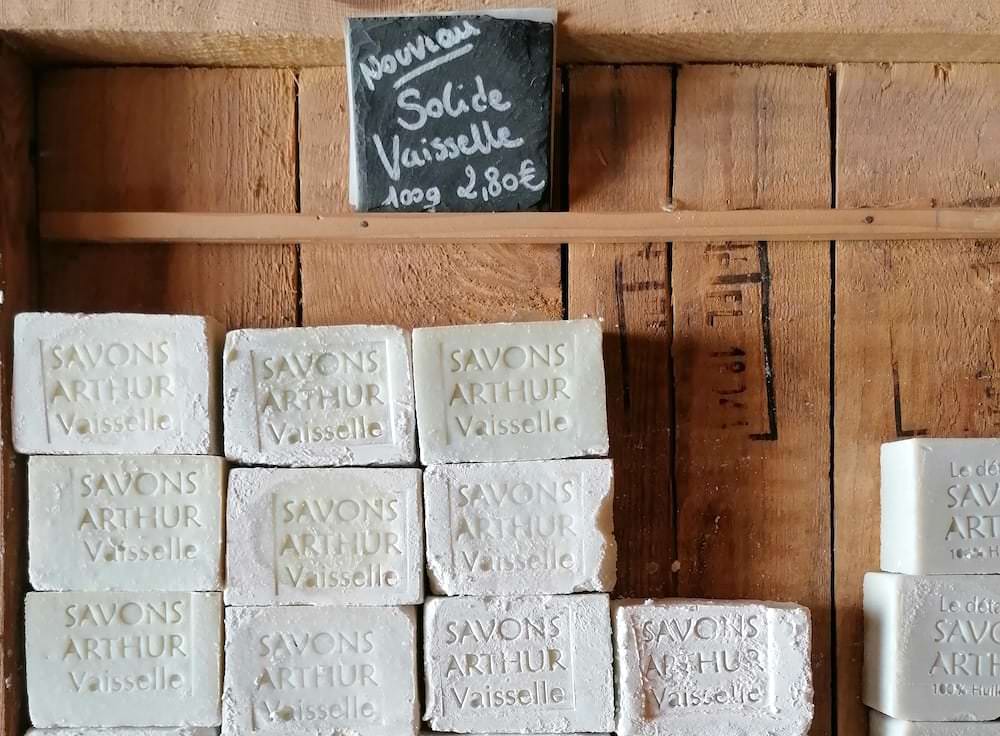lequel, auquel, duquel
These compound relative pronouns provide precision in French, particularly when referring to nouns with prepositions. They agree in gender and number with their antecedents and are essential for formal, written French.
1. Lequel / Laquelle / Lesquels / Lesquelles
(Which, That, Whom – After Most Prepositions)
Used after prepositions like sur, sous, avec, pour, dans, etc. when referring to things or people to avoid ambiguity.
Usage Examples:
- La table sur laquelle j’ai posé le livre est en chêne.
(The table on which I placed the book is made of oak.) - Les documents pour lesquels vous avez signé sont importants.
(The documents for which you signed are important.) - Les personnes avec lesquelles j’ai voyagé étaient sympathiques.
(The people with whom I traveled were friendly.)
🔹 Note on Simpler Alternatives:
While qui can sometimes replace these (e.g., “La table qui porte le livre”), it lacks the prepositional precision of lequel.
2. Auquel / À laquelle / Auxquels / Auxquelles
(To Which, To Whom – After Preposition À)
Used when the antecedent requires the preposition à (indirect objects, verbs with à, etc.).
Usage Examples:
- Le projet auquel je participe commence demain.
(The project to which I’m contributing starts tomorrow.) - Les traditions auxquelles ils tiennent sont anciennes.
(The traditions to which they cling are ancient.)
🔹 Contrast with Simpler Forms:
The phrase “L’ami à qui j’ai parlé” (The friend to whom I spoke) works for people, but auquel is required for things:
- Le problème auquel je réfléchis (✔)
- “Le problème à que je réfléchis” (✖ Incorrect)
3. Duquel / De laquelle / Desquels / Desquelles
(Of Which, From Which, About Which – After Preposition De)
Used for possession, origin, or topics introduced by de.
Usage Examples:
- L’arbre duquel les fruits tombent est malade.
(The tree from which the fruits are falling is sick.) - Les sujets desquels nous débattons sont complexes.
(The topics about which we’re debating are complex.)
🔹 Compared to “Dont”:
While dont is common (“L’arbre dont les fruits tombent”), duquel specifies direction:
- La ville de laquelle il vient (The city from which he comes)
- La ville dont il parle (The city of which he speaks)
Key Distinctions Summary
| Pronoun | Role | Example |
|---|---|---|
| lequel | After most prepositions | “Le dossier pour lequel j’ai travaillé” |
| auquel | After à | “Le risque auquel nous faisons face” |
| duquel | After de | “Le pays duquel elle rêve” |
When to Choose These Over Simpler Pronouns:
- For clarity with inanimate objects (“la boîte dans laquelle” vs. ambiguous “la boîte qu’il a ouverte”).
- For formal writing (academic, legal, or professional contexts).
- After complex prepositions (“à côté duquel”, “grâce auxquelles”).






